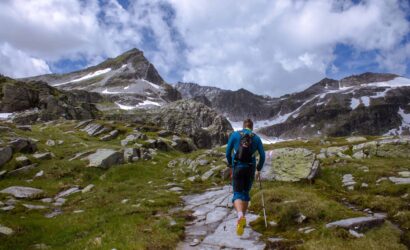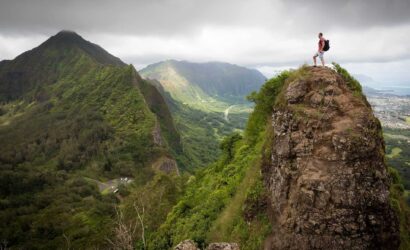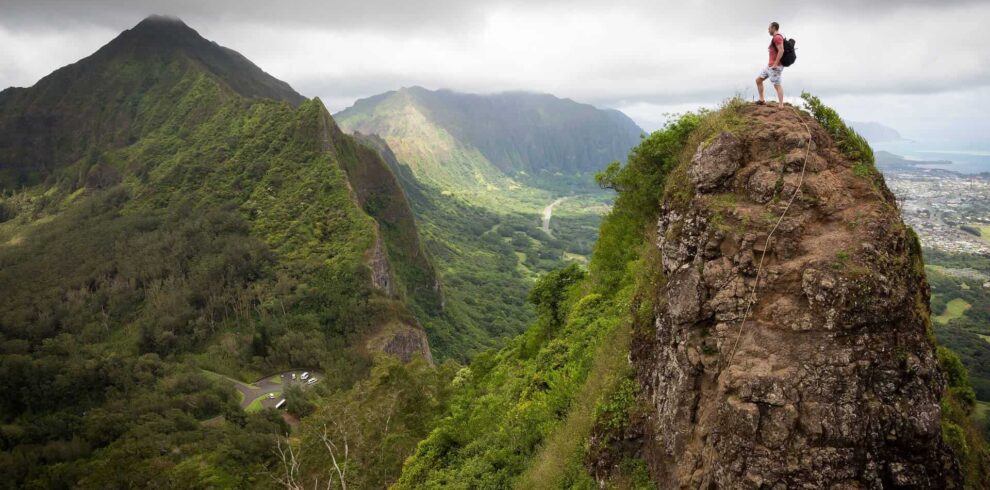提力喬(Tilicho)徒步旅行是安納布爾納峰(Annapurna)地區最好的徒步旅行路線之一,對身體的真正考驗比對身體的考驗更多。但是,美麗的天際線炫耀著銀色,灰色和白色的山脈,在晴朗的天氣裡閃閃發光,途中我們遇到的各種族裔社區使我們對我們所知道的世界和我們不熟悉的世界有了某種了解想要學到很多東西,可以消除旅途中的所有艱辛。
Overview
Travel is the movement of people between relatively distant geographical locations, and can involve travel by foot, bicycle, automobile, train, boat, bus, airplane, or other means, with or without luggage, and can be one way or round trip. Travel can also include relatively short stays between successive movements.
The origin of the word “travel” is most likely lost to history. The term “travel” may originate from the Old French word travail, which means ‘work’. According to the Merriam Webster dictionary, the first known use of the word travel was in the 14th century.
It also states that the word comes from Middle English travailen, travelen (which means to torment, labor, strive, journey) and earlier from Old French travailler (which means to work strenuously, toil). In English we still occasionally use the words “travail”, which means struggle. According to Simon Winchester in his book The Best Travelers’ Tales (2004), the words “travel” and “travail” both share an even more ancient root: a Roman instrument of torture called the tripalium (in Latin it means “three stakes”, as in to impale).











